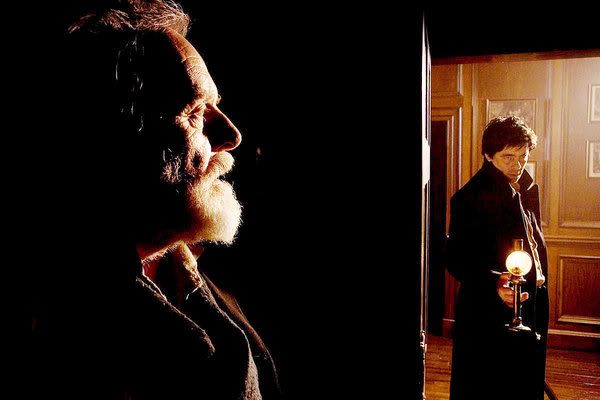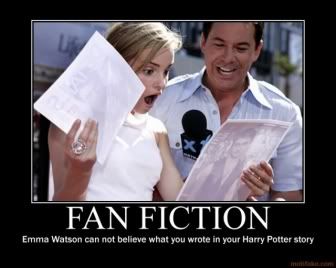
Courtesy Floating Robes
There are a couple of truisms that I feel apply to every writer, regardless of genre or style:
1) You write what you know.
2) There’s no drama without conflict.
Following this line of thought, the best writing comes from conflict with which we’re familiar. I’ve yet to meet a person who has not been affected by some sort of trauma or hardship. It could be a lost loved one, a shattered relationship, a debilitating injury, or even a friend who never calls or writes anymore. These things contribute to a person’s understanding of others and their personal development.
They’re also ways to bring the nature of a story and its characters into sharper focus. It’s possible, however, to do such things incorrectly. You can’t just toss tragedy into the midst of your tale on a whim. While it’s true that a radical change in tone or sudden turn of events can unfuck a story, without the right context or background it can seem arbitrary or forced. If you’ve established your narrative as a strict progression of cause to effect, rocks randomly falling from the sky to kill folks won’t make people tear up.
Case in point: I’ve been introduced to a webcomic with solid writing called Cheap Thrills. It’s best described as a slice-of-life story about teenagers growing up in the 90s whose characters are drawn as anthropomorphic rabbits, cats, and dogs. Much like Lackadaisy, this makes the characters more endearing and emphasizes their expressions. It’s really neat to read over the comic and watch the artist’s work improve, but more immediate is this notion of conflict we know woven well into the narrative.
I won’t spoil anything for you, but suffice it to say there came a moment where I had to stop reading Cheap Thrills for a bit because of how something affected me.
On an emotional level, personal experience pulled me into the moment in question. As a writer, though, I could step back from the scene and appreciate how adroitly its execution was timed. It’s easy for things like the event in question to feel arbitrary or even mean. But with presentation like this, and everything that follows, it flows naturally and feels very real, which is all down to how it’s written. I can applaud that and move on with the story even as I’m tearing up.
When something has made you cry or scream in anguish or jump for joy in a narrative, can you step back and figure out why? Have you done this before with stories you’ve enjoyed? How important is it for a writer to reach and maintain a distance from the story in front of them, even if it’s their own?





